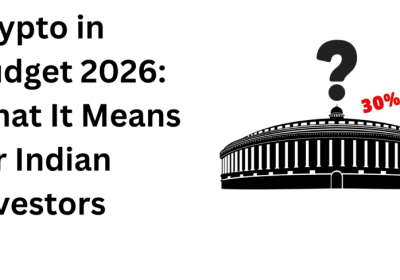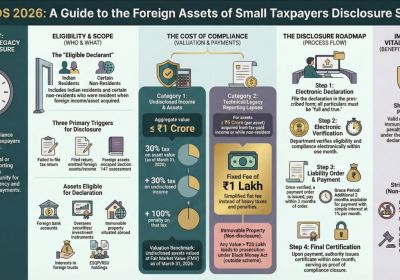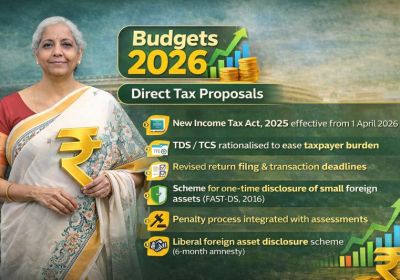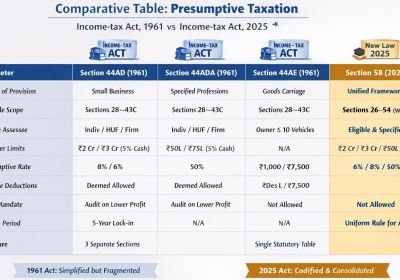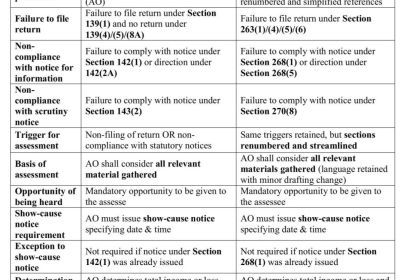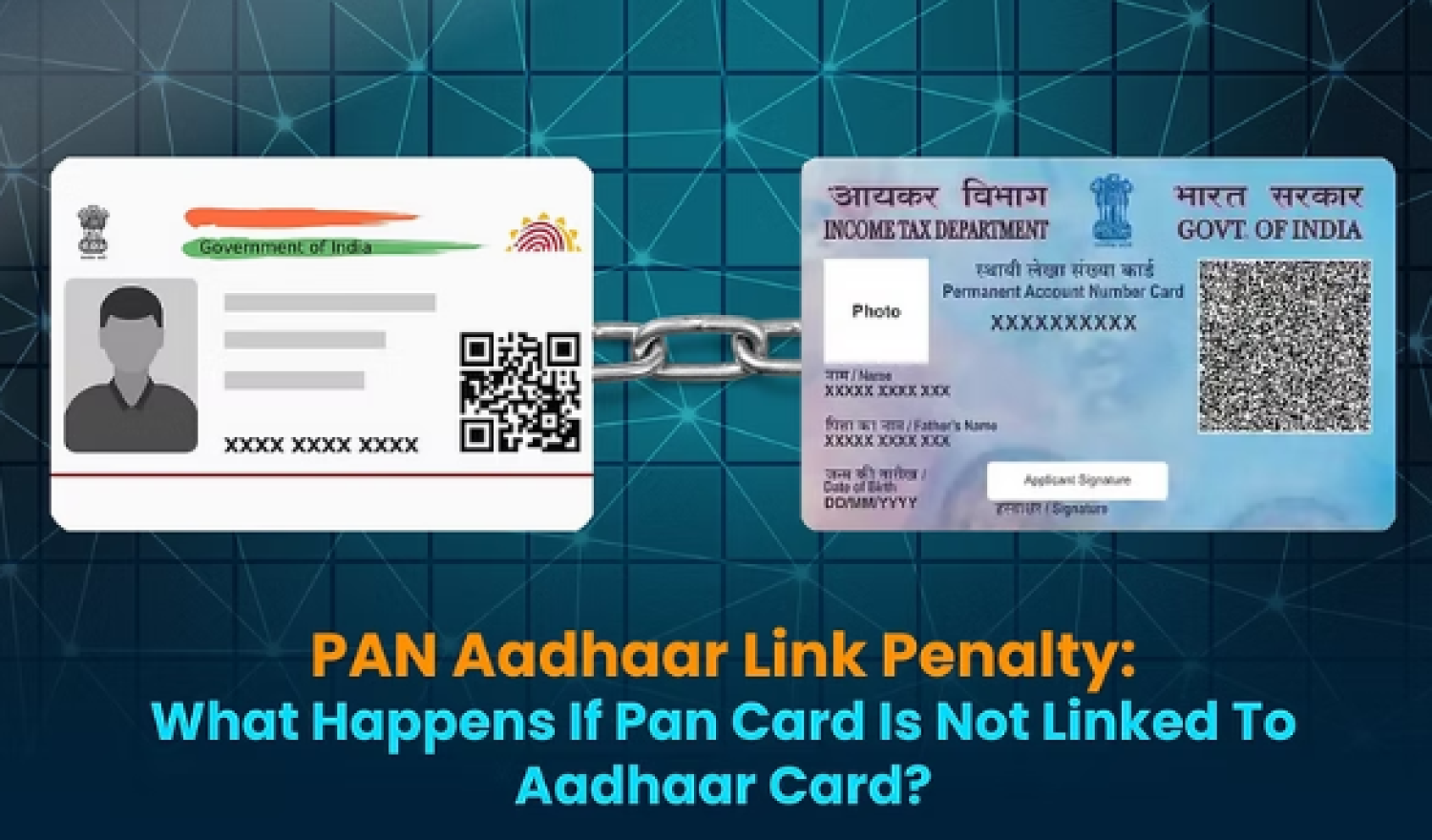Table of Contents
- Filing Itr Using The Wrong Form
- Not Reporting Interest incomes
- Not Filing Income Tax Returns
- Not Clubbing Incomes
- Not Reporting Income From The Last Job
- Not Reporting Tax Free Incomes
- Not Reporting All Bank Accounts
- Not Declaring Deemed Rent/expected Rent
- Failing To Revise Your Income
- Presuming Tax Dept. Doesn’t Want You To File A Tax Return:-
- Check Form 26as Before Filing Itr:-
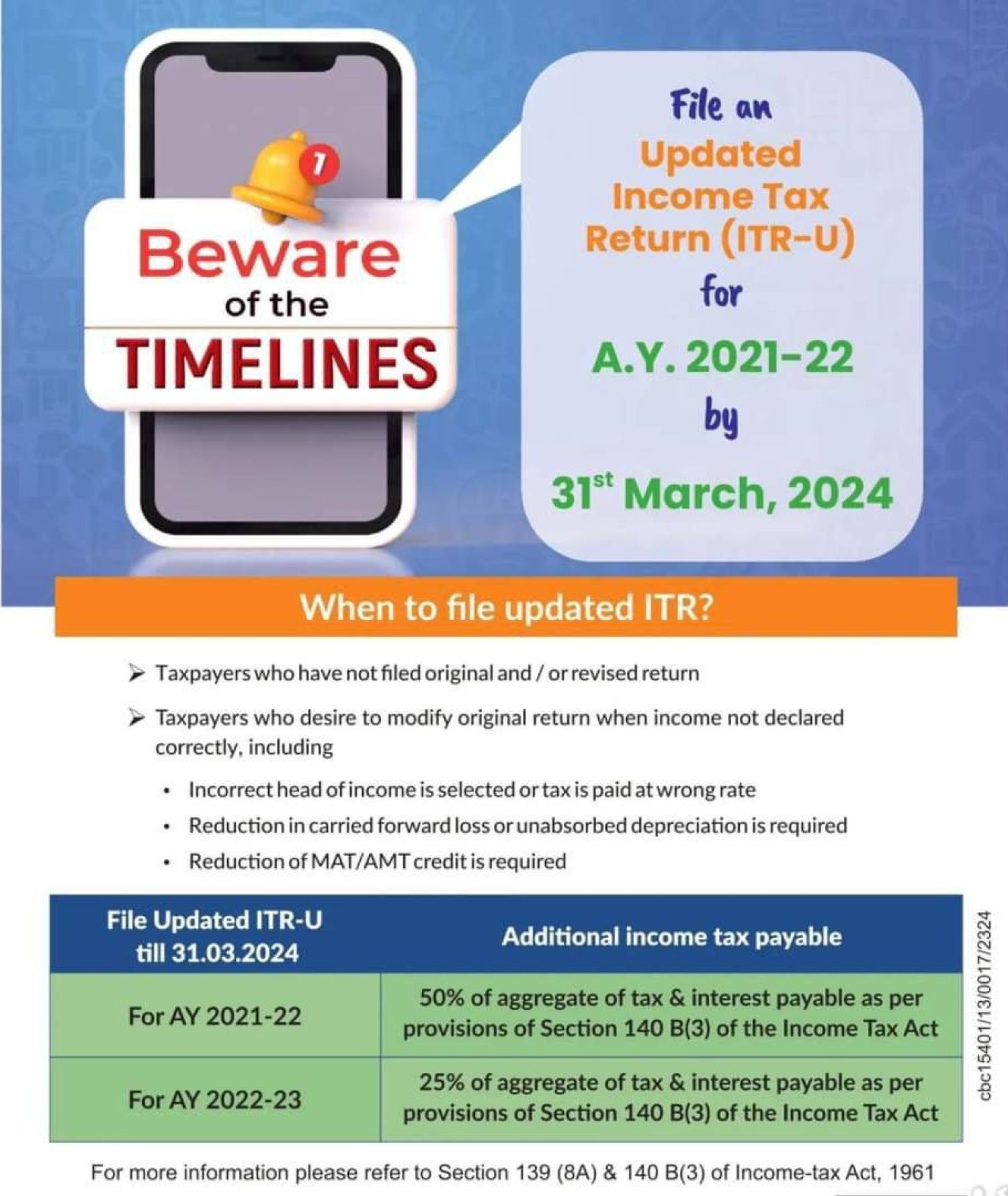
Mistakes that are commonly done by taxpayers in filing ITR
We appreciate that filing IT returns may be time consuming, especially if you are young and have just filed a few. However, the advantages outweigh the time and effort required to file it. It is also the responsibility of all responsible people of the country.
According to the income tax legislation, filing IT returns is required for some but optional for others. Regardless of whatever group you fall into, it is critical that you file it. The Income tax department now allows you to file your income tax return online, which takes only a few minutes in most circumstances.
These mistakes may create some problems or may bring tax notice for the taxpayers. So it is beneficial to avoid such mistakes that are given below:-
-
Filing ITR using the wrong form
as per rules given in income tax laws, it is mandatory for taxpayers to show all sources of income and ITR will be filed incorrect form which is applicable to him. If a taxpayer file ITR in the wrong form then that ITR will be treated as ‘defective’ and the taxpayer will require to file the revised ITR incorrect form.
“In the above case, some time will be provided to taxpayers to rectify mistakes. Taxpayers will be required to file the rectified return within 15 days from the date on which intimation is received u/s 139(9). If the assessee applies for a time extension and the assessing officer will agree then time can be extended by the assessing officer. If mistakes are not rectified within the time then the return will be treated as an invalid return or treated as a return not filed at all. Taxpayers will be liable to pay the penalties of non-filing of ITR and also liable to payment of some interest u/s 234A for delay filing in ITR.
-
Not reporting interest incomes
it is compulsory for every taxpayer to report all the interest income received or earned during the financial year (for which return is filed) in his ITR. Normally it has been noticing that individuals generally forget to show the interest earned from savings bank accounts, fixed deposits, recurring deposits, etc. All the interest discusses above are shown under the head ‘Income from other sources. Briefly, interest received or accrued on fixed and recurring deposits are 100% taxable but some tax relief will be provided on interest earned from saving bank accounts. According to section 80TTA of Income Tax Act, interest earned from the post office and bank saving accounts can claim deduction up to Rs. 10000 from the gross total income.
“There is some extra deduction in addition to section 80TTA will be provided if the taxpayer has post office saving accounts. The interest earned from the post office saving account will be exempt up to Rs. 3500 for an individual account and Rs. 7000 for a joint account u/s 10(15)(i) of Income Tax Act”
-
Not filing income tax returns
Earlier if any people have long-term capital gain which is exempt from tax and because of that exempted long-term capital gain gross total income is below the tax payable limit then there is no need to file any ITR.
Now as per the recent amendment in section 139(1) of the Income Tax Act, if you have any long-term capital gain which is exempted from tax and if without this exemption your gross total income exceeds from minimum exemption limit then you have to file ITR.
For instance, let us assume that in a financial year your gross total income is Rs 1 lakh and long-term exempted capital gains is Rs 2 lakh. Earlier you were not required to file an income tax return as your total income was below the minimum exemption limit of Rs 2.5 lakh.
Now due to the recent amendment in tax laws, you are required to file ITR as your gross total income plus long-term capital gains (Rs 1 lakh + Rs 2 lakh > Rs. 2.5 lakh) exceeds the minimum exemption limit.
-
Not clubbing incomes
As per the provision of Income Tax Act section 60 to 64 “ for a taxpayer it is mandatory to add the income of specified persons in their total income at the time of ITR filing and tax is calculated on total income including specified person income. Specified persons include minor children, spouses, and son’s spouses. Most taxpayers will forget to add the income of their minor child to his income.
“if minor child income is included in his parent's income then the taxpayer will claim an exemption of Rs. 1500 u/s 10(32). If you forget to include the income of a minor child then you are liable to pay the tax due along with interest and also maybe you are liable to pay the penalty of 50% of under-reporting or 200% for misreporting of your income. Earlier this penalty was 100-300% of taxes avoided up to A.Y. 2016-17.
-
Not reporting income from the last job
if you change your job in the previous financial year then you have to show the income of the previous job and current job. If you forget to report any income received from your previous job then you are bound to show that difference in your TDS certificates, Form 16 and Form 26AS. And also it can bring a tax officer to your door. Penalties for this are the same as clubbing of income.
-
Not reporting tax free incomes
If you have any income which is tax-free then you have to report such income in ITR. For example, interest earned from the provident fund is a tax-free income but you have to report this income in your ITR. After that, you can claim an exemption under various sections of the income tax act. All the exempted income will be shown under the head of ‘exempted income’ under the schedule of ITR.
-
Not reporting all bank accounts
Earlier you are bound to report only one single bank account in which you receive an income tax refund (if any). But now from A.Y. 2015-16, you are required to give details of all the bank accounts held in the previous year (for which ITR is filed) in his ITR. Only dormant accounts are excluded to show in the ITR.
“you are mandatory to report all the details regarding cash deposited in your all bank accounts during the demonetization period of 09.11.16 to 30.11.16 for A.Y. 2017-18 if the aggregate sum of cash deposited is exceeded from Rs. 2 lakh for that demonetization period. If you forget to report details of all bank accounts then it will be treated as incorrect particulars and may be made liable for paying some penalties or even prosecution if it is proved that some taxes are remain escaped due to such non-reporting.”
-
Not declaring deemed rent/expected rent
In case if you have another owned house other than a self-occupied house and that another house remains vacant then you have to report the expected rent of that house in your gross total income. Because that notional rent increases the gross total income that may lead to an increase in tax and nonreporting of that make you liable to pay some penalties as discussed above. If in any case you have taken a house loan on that property and you pay interest for that loan then you can claim the benefit of some tax-saving by set-off the loss from house property from interest has been capped at Rs. 2 lakh starting from 01.04.2017.
-
Failing to revise your income
in case if you find any error in ITR after filing the return then it is your duty to rectify that error by filing a revised return. Earlier Income Tax Act allows you 2 years time period for filing a revised return but now from the financial year 2017-18, only one year from the relevant financial year for which return is filed is allowed.
“It is advised to all taxpayers that if they find any error in their ITR then rectify it as early as possible within the time and pay the remaining tax dues with interest to avoid the penalty of under-reporting or misreporting. And also if you forget to take exemption or deduction in filing ITR then you can claim tax refunds by filing revised returns.”
-
Presuming tax dept. doesn’t want you to file a tax return:-
An uncommon mistake done by a taxpayer is presuming that he isn’t liable to file a tax return. You’re liable to file a return in the following case even if taxes due from you has been paid by way of advance tax or TDS:
Your income exceeds the basic exemption limit, which is Rs. 3 lakhs for senior citizens (age above 60 years), Rs. 5 lakhs for super senior citizens (age above 80 years), and Rs. 2.5 lakhs for all other individual taxpayers.
If you’re resident in India (other than not ordinarily resident) and you hold (as a beneficial owner or otherwise) any asset or financial interest in any entity located outside India or you have signing authority in any account located outside India. In this case, you can’t file a return in ITR-1.
-
Check Form 26AS before filing ITR:-
Form 26 AS is your tax passbook and it reflects details of tax deducted (TDS) from your income and payment of advance tax during the year. If you find any mistake in Form 26 AS then you should notify the same tax deductor to rectify it. The tax department matches the tax credit claimed by you in ITR and the tax credit available in Form 26 AS. The tax department will deny credit of TDS claimed in ITR if it is not shown in Form 26 AS. Further, if any entry is found in Form 26 AS but is not show in ITR, a tax notice will be received by you to explain the reason for not reporting it in ITR.
No joke's tax filing. To file your taxes, consult a confident income tax consultant. We provide income tax return services to you online at Rajput Jain and Associates. The advantages of easy and accurate filing are exploited by 50,000+ users. You can too! Come and experience ITR personally and we promise that you will never look back!! We are one of India's best providers of ITR filing services and are not deceived. We assure you that with an expert tax consultant, we will provide you with one sort of personal finance for your financial situation.



